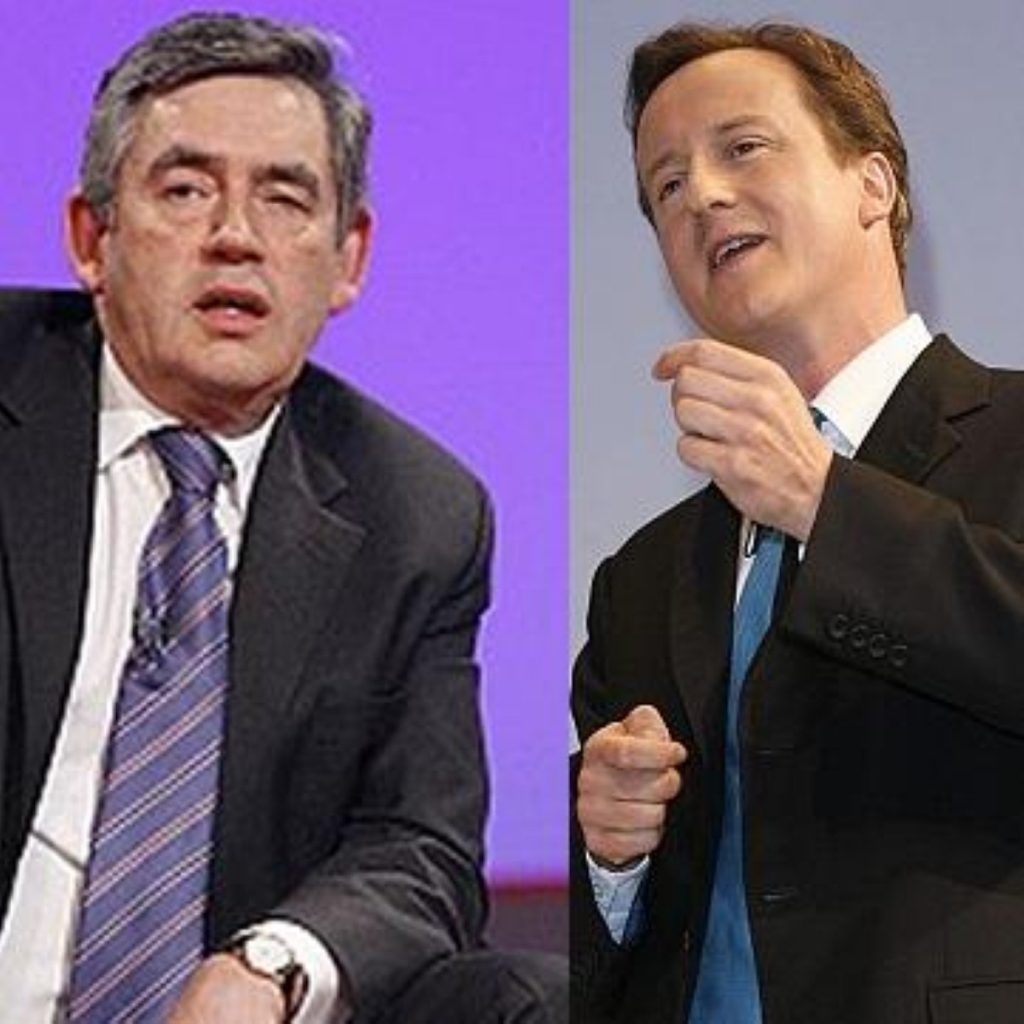Brown to report to hostile Commons on EU reform treaty
Toasting with European leaders in Lisbon will seem like an all too distant memory for Gordon Brown today, as he prepares to report back to parliament on the EU reform treaty.
Delivering his oral statement today, Mr Brown will have to convince Labour backbenchers of the benefits of the treaty in order to avert a rebellion from within his own party.
Pressure from the Conservatives will not abate, however, and an attack from David Cameron across the floor this afternoon is inevitable.
After agreement was reached in the early hours of Friday morning, the Conservatives accused Labour of breaking the public’s trust by refusing to honour their 2005 election manifesto commitment to hold a referendum on the EU ‘constitution’.


Labour argues the constitution has been abandoned since French and Dutch voters rejected it in 2005, and therefore a referendum is no longer necessary.
However, the Tories are insistent that the reform treaty transfers large amounts of power to Brussels and is “substantially equivalent” to the former constitution.
Despite their vociferous opposition to the treaty, the Conservatives have refused to say whether they would attempt to renegotiate it if elected at the next general election.
This weekend, shadow foreign secretary William Hague said the Conservatives were preparing to incite parliamentary upheaval over the issue, but admitted the government were ultimately unlikely to submit, regardless of how much referendum pressure was piled upon them.
Mr Hague told BBC One’s Andrew Marr Show: “If the Liberal Democrat MPs also break their solemn election commitment, as well as Labour MPs, then of course that makes it difficult for us to win a vote in the House of Commons.
“Although those in marginal seats will have to remember that their breach of that promise is something we will remind their constituents about in some detail at the next general election.
“There are going to be real parliamentary battles about this treaty – which is the European constitution in disguise – [because] nearly everything that was in the constitution is back in it.”
Tories hopes of backing the government into a corner by getting Liberal Democrats on side, seem to have been resolutely dashed this weekend, as both Chris Huhne and Nick Clegg, firmly stated they would not be supporting the referendum campaign.
Both men are former members of the European parliament.
The treaty is due to be formally signed by all 27 member states in Portugal on December 16th, after which it will become known as the Treaty of Lisbon.
After this, a lengthy parliamentary ratification process will ensue, where each member state will bring the treaty before their respective parliaments to be debated and approved.
The Irish Republic is the only member that is to hold a referendum.

